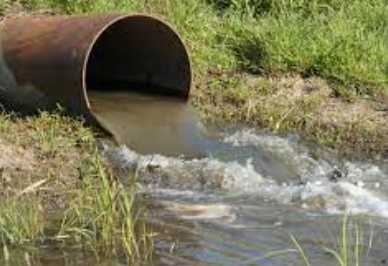Over 20 states have legalized Alaklaine Hydrolysis, which most environmentalists refer to as “biomation.” Alkaline hydrolysis basically breaks down the body into liquid and amino acids, but where this extra liquid can eventually wind up is very concerning.
As per Wikipedia, the fluid can either be dumped into local sewage systems and recycled in wastewater treatment plants, or it can be used to grow plants. The idea that the water you drink from your faucet could have once contained human remains is quite startling.
Here’s a brief explanation of the alkaline hydrolysis process to help you understand it better. It’s when a human body is placed in a long stainless steel enclosure that is filled with a heated solution consisting of 95% water and 5% sodium hydroxide and is circulated over and around the body. The body is then decomposed over a 14 to 16-hour period using the low-temperature version of alkaline hydrolysis.
The body is broken down in four to six hours during the higher-temperature variant of the procedure, in which the combination reaches 300 degrees Fahrenheit and produces greater pressure. The procedure at the alkaline hydrolysis facility breaks the bonds that are present in the tissues.
This mix is then flushed away, ending up in your municipality’s sewer system. The bones are then pulverized into a powder and returned to the people who survived the deceased.
Per AZFCCA there are 21 states to approve the practice:
ALABAMA 2017 statute added alkaline hydrolysis to definition of cremation
CALIFORNIA 2017; takes effect July 1, 2020
COLORADO 2011 legislationMAINE 2009 administrative regulation redefining cremation
MARYLAND 2011FLORIDA 2010 legislation
GEORGIA 2012 legislation
IDAHO 2013 administrative regulation
ILLINOIS 2012 legislation redefined cremation to include alkaline hydrolysis
KANSAS 2010 legislation redefined cremation to include alkaline hydrolysisMINNESOTA 2006 legislation
MISSOURI 2016
NEVADA 2017 legislation; became effective January 1, 2018
NORTH CAROLINA 2018 legislation
OREGON 2009 statute added alkaline hydrolysis to definition of final disposition
UTAH 2018 legislation
VERMONT 2014 legislation
WASHINGTON 2019 legislation; takes effect May 1, 2020
WYOMING 2014 legislation

